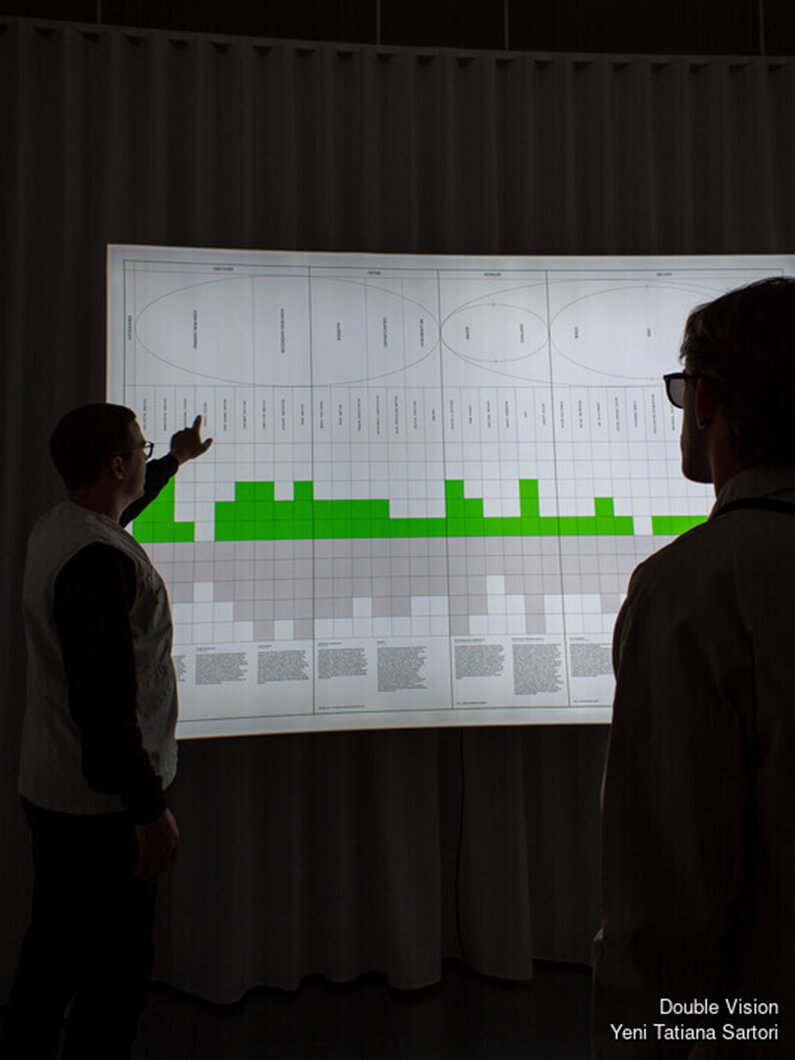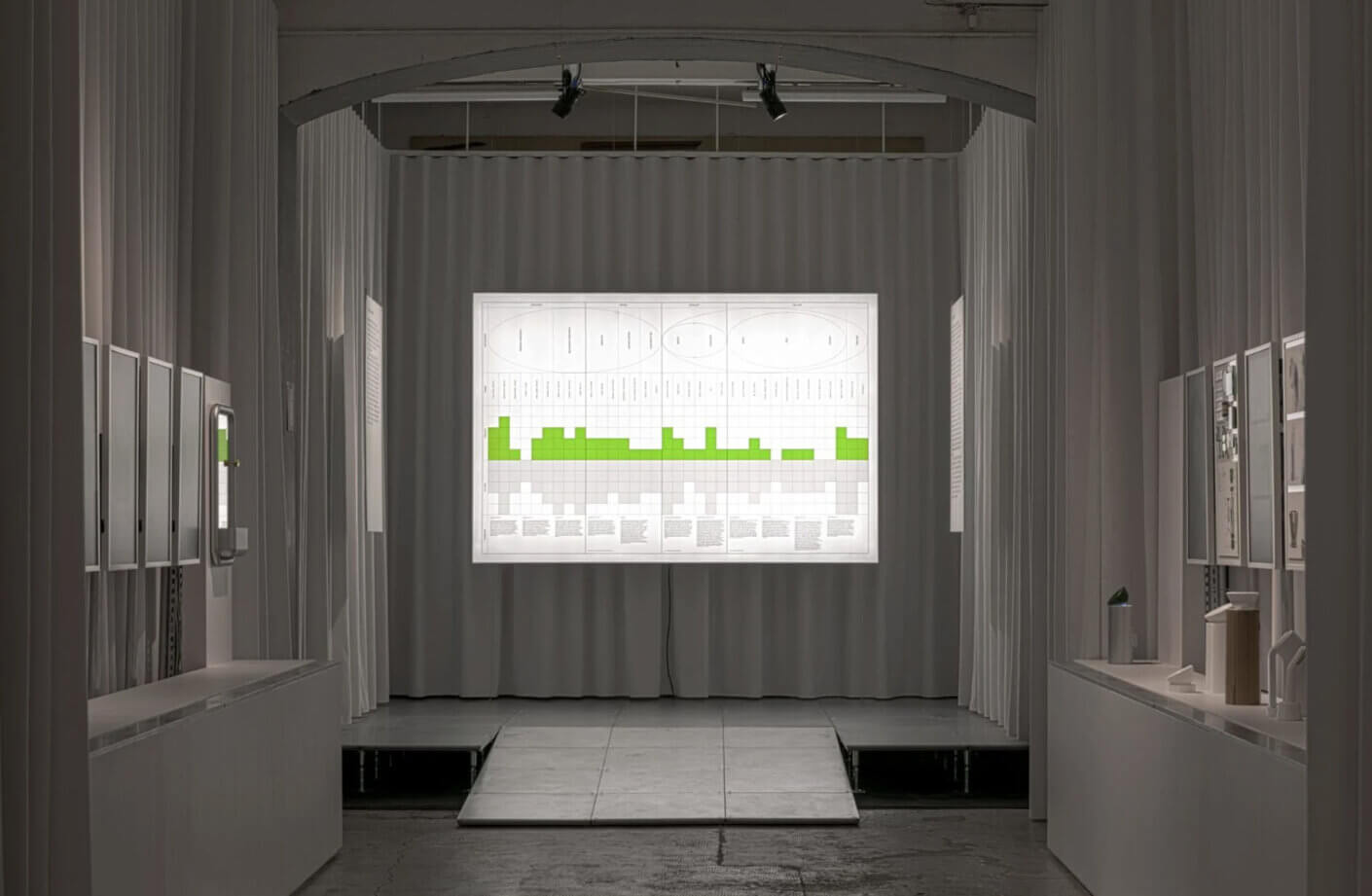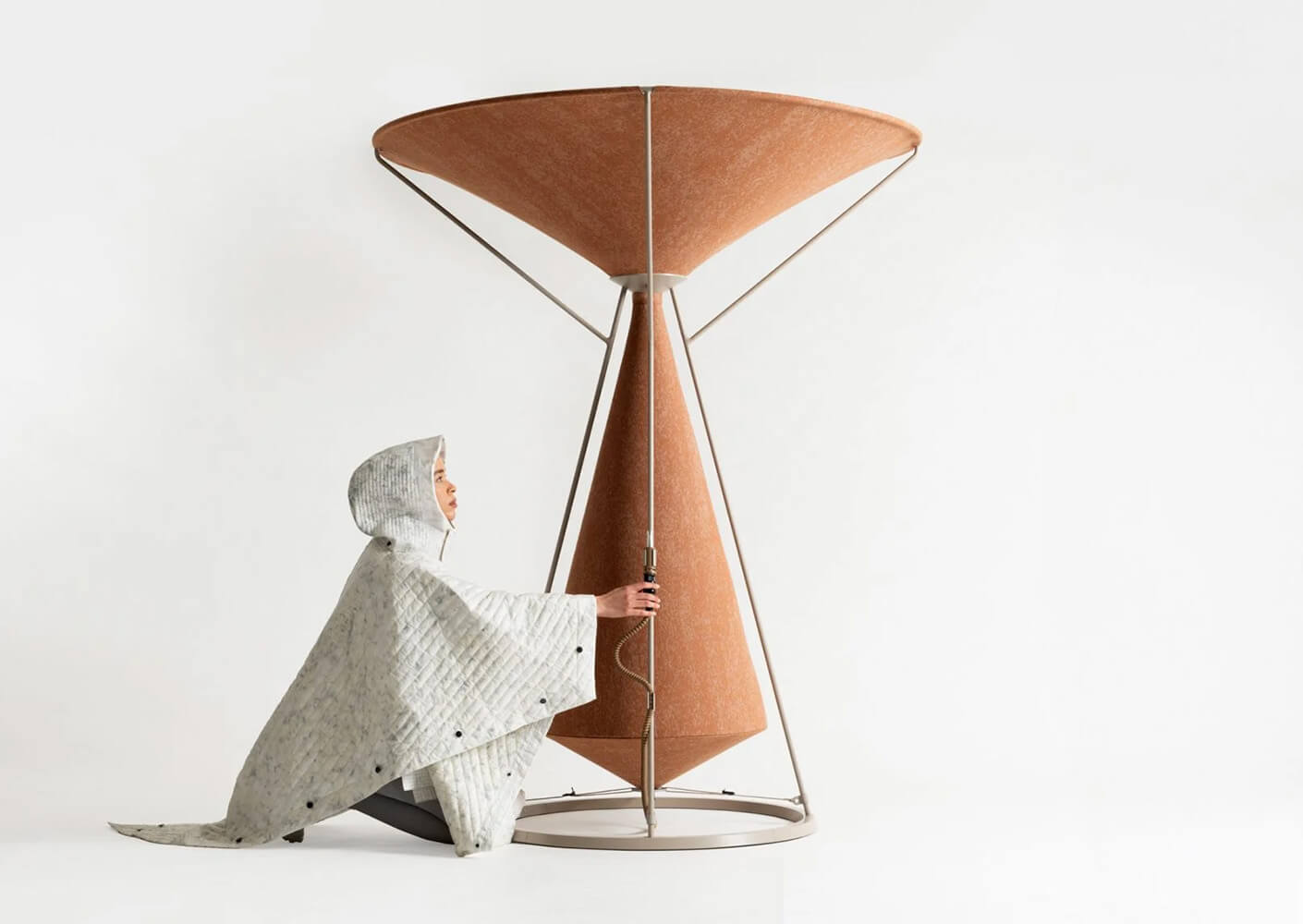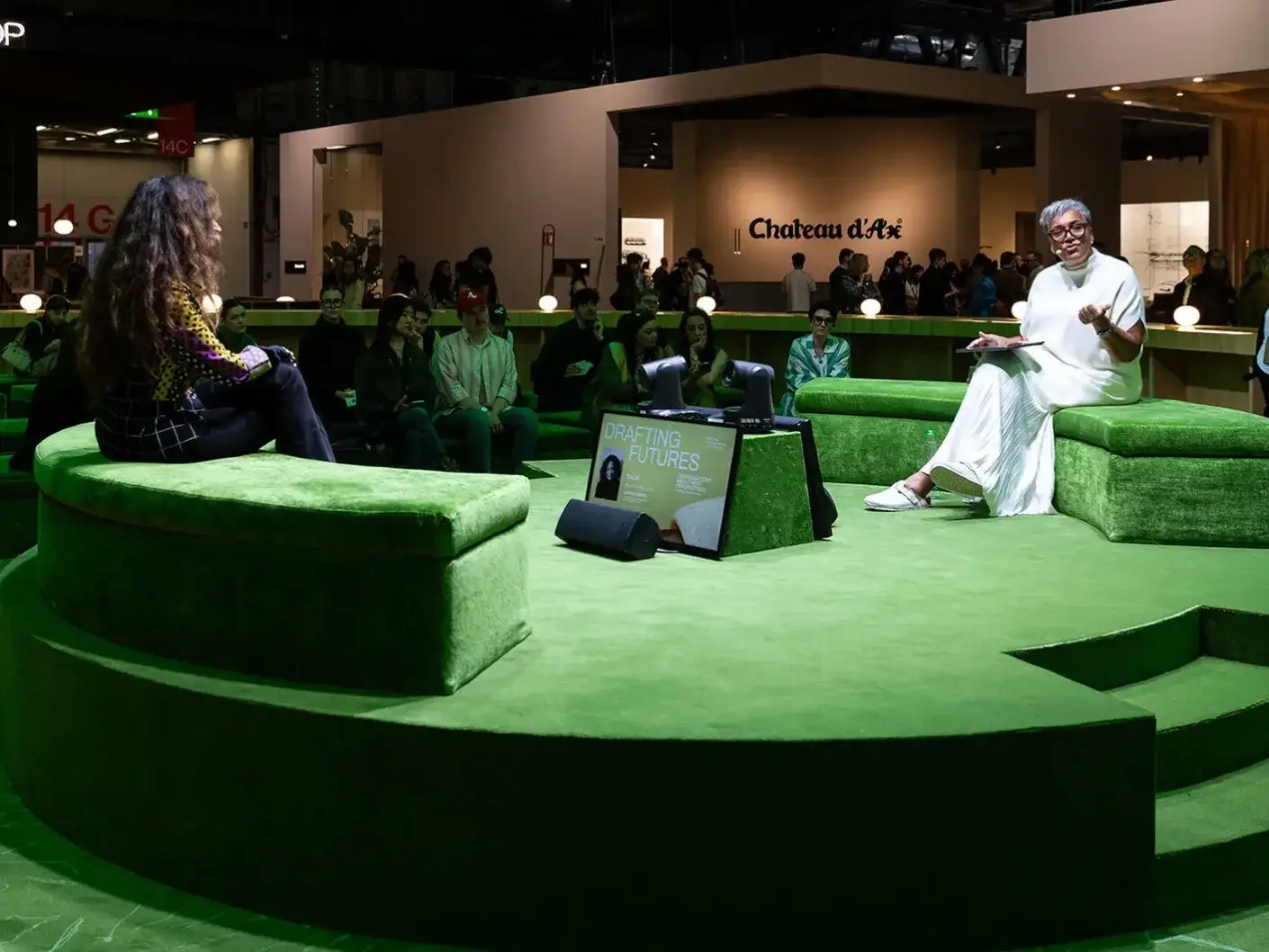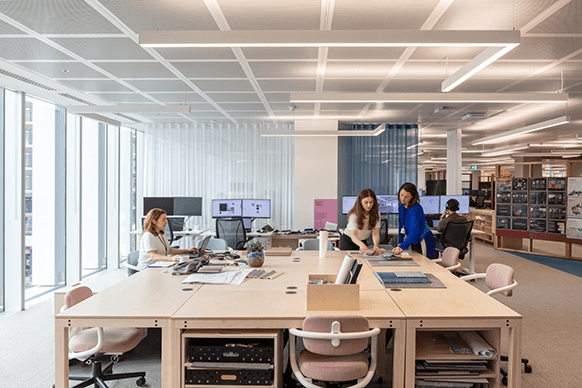Another highlight was hearing African Futures Institute founder Leslie Lokko in conversation with Pritzker Prize Executive Director Manuela Luca-Dazio discussing Africa’s shifting population and rapid urbanisation as part of Salone Del Mobile’s ‘Drafting Futures’ series. The discussion centred on Africa’s shifting demographics and the urgent realities of rapid urbanisation.
Key takeaways: Africa is experiencing the fastest urbanisation in the world. Within the next decade, one billion Africans will enter the job market. The continent holds the youngest population globally, with an average age of 20—yet the average age of its leaders is 80.
The challenge? The continent is experiencing the world’s fastest urbanisation, yet Africa has the least amount of accredited schools of architecture and professional capacity to cope with this change. Closing the gap in skills is needed to not only regulate how we build, but to plan and build buildings closer to the way people live and work.
“Africans are currently the least equipped to deal with sustainability, but the daily practice of people is incredibly sustainable. Africans hold a wealth of knowledge on how to do more with less,” Lokko said.
This demographic shift presents myriad opportunity for innovation, but cross-disciplinary shifts are needed to deal with these changes. We are currently working with silos of knowledge, but to solve a problem of this complexity and of this scale we need to rethink the professional combinations that can deal with these problems into the 22nd century. This emerging generation is coming of age amidst extraordinary geopolitical and technological transformation.
On the topic of emerging generations and perhaps one of the most noticeable signals from the week was the distinct lack of Generation Z in attendance—an absence that raises some interesting questions about where design is headed and who it’s really for. Has the fair become too aligned with the world of luxury fashion, showcasing objects that only a privileged few can realistically access? With attendance often offered for senior team members, it’s worth asking why the emerging voices within design studios—the ones shaping the future—are so often left behind. Perhaps most telling is the shift in how Gen Z consumes design in the first place: increasingly online, through digital platforms, creators, and communities that feel more immediate, democratic, and reflective of their values. Could it be that Salone del Mobile is struggling to keep up with a generation that’s redefining what design means altogether?
As the industry faces a crossroads between technological acceleration, environmental urgency, and shifting cultural values, the question becomes not just how we design, but who we design for. Milan Design Week offered a glimpse into these converging futures, but it also revealed the growing need for more inclusive, cross-generational dialogue. If design is truly for humans, then it must evolve in step with the next generation.


